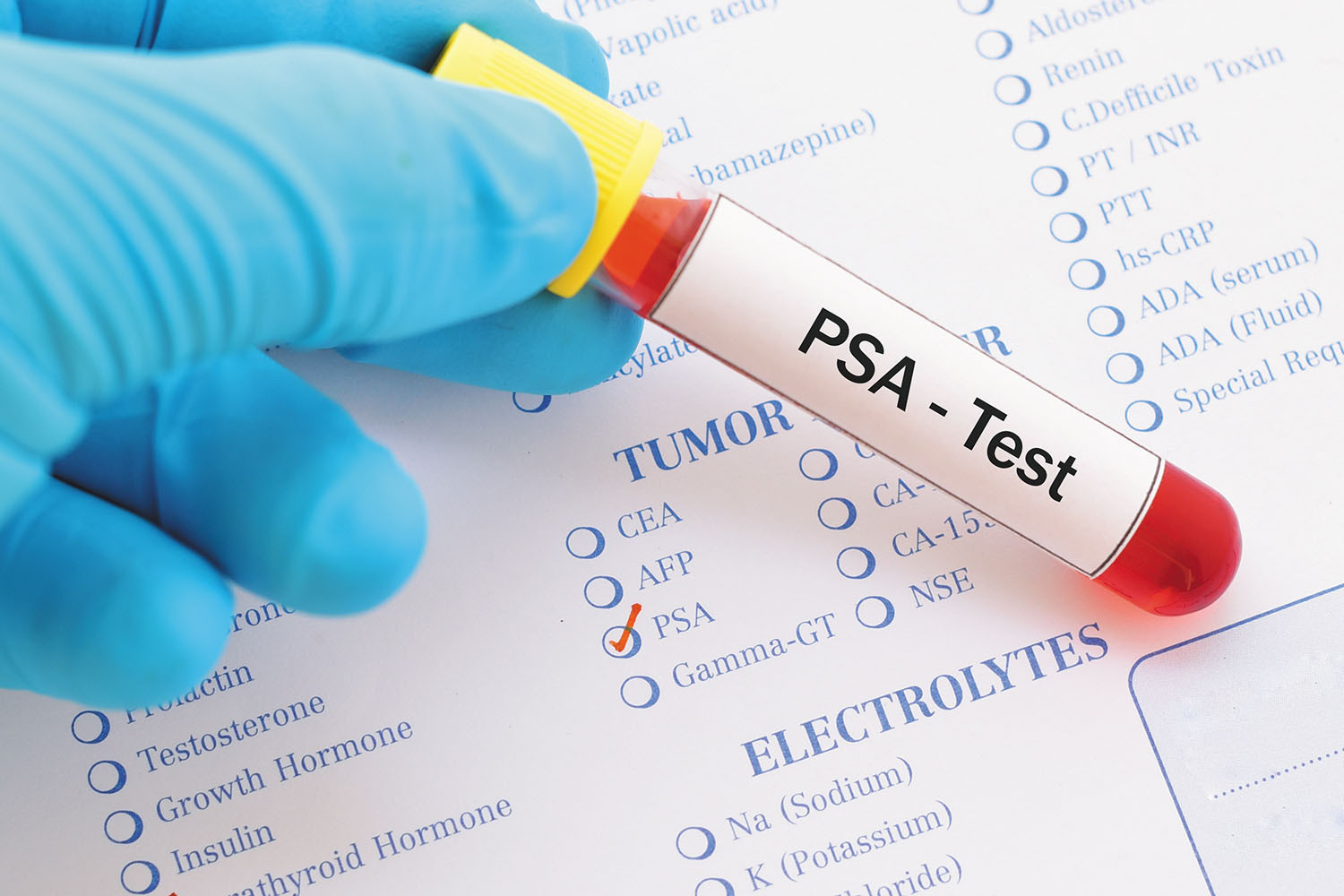
Celiac disease: Exploring four myths

What is prostatitis and how is it treated?

What is Cushing syndrome?

Exercises to relieve joint pain

Think your child has ADHD? What your pediatrician can do

Foam roller: Could you benefit from this massage tool?

Stepping up activity if winter slowed you down

Common causes of cloudy urine

Dragon fruit: How to enjoy this antioxidant-rich fruit

Are you getting health care you don't need?
Prostate Health Archive
Articles
Can weight loss slow prostate cancer?
Many men diagnosed with low-grade prostate cancer follow active surveillance, in which they regularly follow up with a doctor for routine PSA tests, prostate biopsies, and possibly MRI scans. If there is evidence their cancer has progressed, then they can consider treatment (radiation or surgery). While there is little men can do to slow the growth of known low-grade prostate cancer, losing excess weight and keeping it off may help keep undetected high- or medium-grade cancer from becoming more aggressive.
FDA approves new surgical treatment for enlarged prostates
A transurethral resection of the prostate is considered the gold-standard treatment for benign prostatic hyperplasia. But newer, less invasive procedures offer faster recovery times and fewer risks of complications. Earlier this year another new procedure won the FDA's approval.
Prostate cancer: A new type of radiation treatment limits risk of side effects
A new technique for prostate cancer treatment can limit side effects from radiation therapy. It relies on specialized types of medical imaging scans that allow doctors to visualize the cancer during treatment.
Rethinking PSA testing
Prostate-specific antigen (PSA) screening can help identify early prostate cancer, but it also can lead men to have biopsies and invasive treatments they may not need. This complexity has caused the medical community to re-evaluate how best to use PSA testing. More doctors are using PSA screening in ways that minimize the use of biopsies, such as by following a worrisome test result with MRI of the prostate. If a man does have a biopsy and a cancer is found, PSA testing can help the man follow active surveillance.
Prostate cancer: An emerging surgical alternative shows promise in older men
In some men with localized prostate cancer, focal therapy is an alternative to radical prostatectomy. This procedure removes only the cancerous part of the gland, and growing evidence shows it can be an effective strategy.
Diet and prostate cancer
Eating a plant-based diet like the Mediterranean, MIND, or DASH diet has been shown to help people lose weight and lower their risk for heart disease and diabetes. But such a diet may also help men lower their risk for prostate cancer or help slow the spread of existing prostate cancer. The connection may be due to high consumption of inflammation-fighting fruits, vegetables, and fatty fish, and the fact that people who follow a plant-based diet eat less red meat and processed foods, high intakes of which are associated with cancer risk.
FDA approves new treatment for advanced prostate cancer
Approval by the FDA of a new drug combination for treatment of advanced prostate cancer fills a need and offers new hope to men whose cancer has progressed and who have already tried other therapies.
Older men continue to have excessive PSA testing
Guidelines recommend against routine prostate-specific antigen (PSA) testing in men ages 70 and older. Still, two 2023 studies found that men in this age group are having too many PSA tests.
Young men with prostate cancer: Socioeconomic factors affect lifespan
Prostate cancer is generally viewed as a disease of older men, yet about 10% of new diagnoses occur in men age 55 or younger. Biological differences partially explain the discrepancy, but socioeconomic factors also play an important role.
How does waiting on prostate cancer treatment affect survival?
Men who are diagnosed with certain types of prostate cancer often choose active surveillance, which allows them to delay the need for aggressive treatment. The results of a long-term study affirm that this approach is a valid option for managing the disease.

Celiac disease: Exploring four myths

What is prostatitis and how is it treated?

What is Cushing syndrome?

Exercises to relieve joint pain

Think your child has ADHD? What your pediatrician can do

Foam roller: Could you benefit from this massage tool?

Stepping up activity if winter slowed you down

Common causes of cloudy urine

Dragon fruit: How to enjoy this antioxidant-rich fruit

Are you getting health care you don't need?
Free Healthbeat Signup
Get the latest in health news delivered to your inbox!
Sign Up











